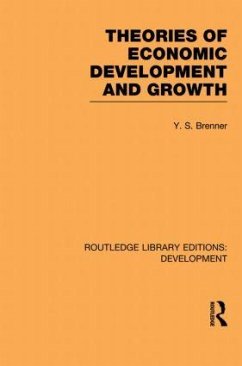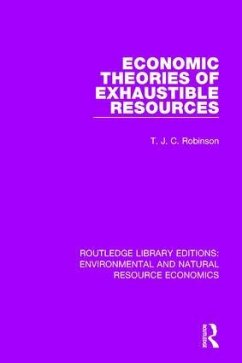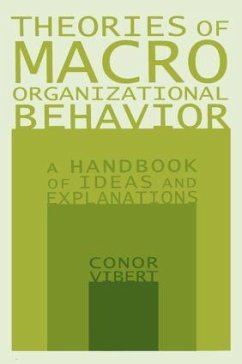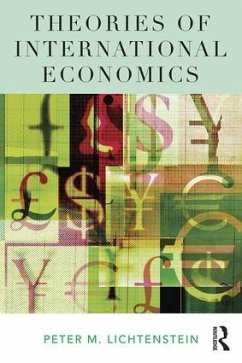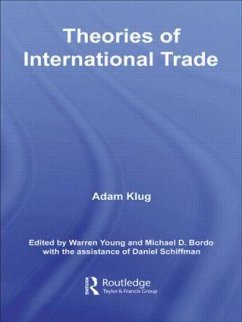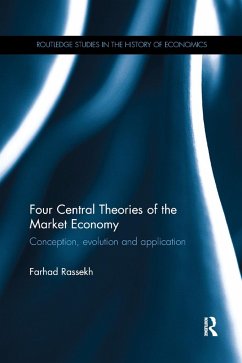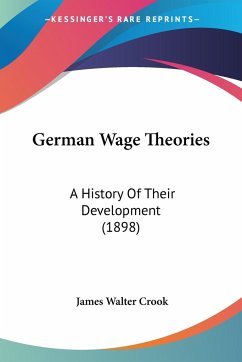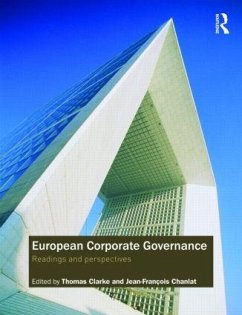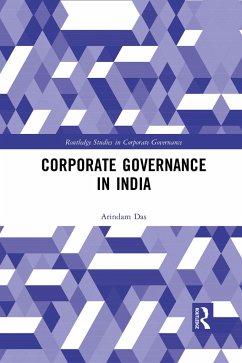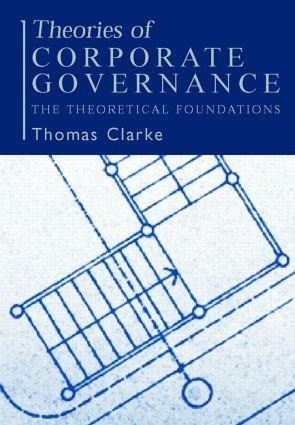
Theories of Corporate Governance

PAYBACK Punkte
40 °P sammeln!
In the wake of the financial and corporate scandals of recent years, corporate governance increasingly is recognised as being at the heart of understanding how and why businesses are run as they are. But while there are diverse and well-established theories of corporate governance, they are rarely gathered in a coherent and comparative way. This comprehensive reader brings together the most influential writing in the field, with editorial commentary, to provide a uniquely interdisciplinary resource for students and lecturers that underpins contemporary analysis of corporate governance. Topics ...
In the wake of the financial and corporate scandals of recent years, corporate governance increasingly is recognised as being at the heart of understanding how and why businesses are run as they are. But while there are diverse and well-established theories of corporate governance, they are rarely gathered in a coherent and comparative way. This comprehensive reader brings together the most influential writing in the field, with editorial commentary, to provide a uniquely interdisciplinary resource for students and lecturers that underpins contemporary analysis of corporate governance. Topics covered include: the separation of ownership and control how economic activity is organised through firms the managerial revolution in business agency, stewardship and stakeholder theory globalization and convergence the critique of shareholder value post-Enron analysis. Structured to provide an introduction and overview of corporate governance from the classical theories to contemporary controversies, this reader functions either as a stand-alone text, or as a companion to International Corporate Governance, a textbook also authored by Thomas Clarke.





